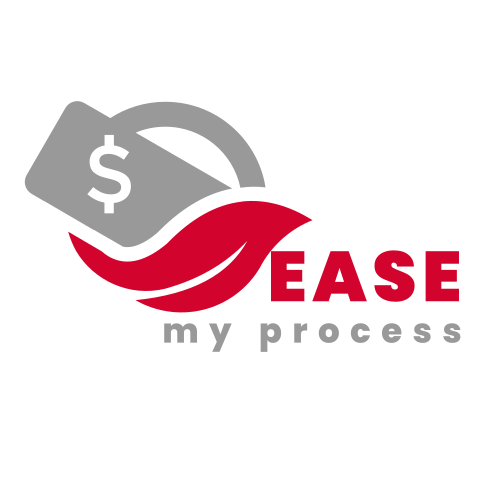- Published on
Choosing the Perfect Valuation Method for Your Startup
- Authors

- Name
- Ease Pro
CHOOSING THE PERFECT VALUATION METHOD FOR YOUR STARTUP
COMPARABLE COMPANY ANALYSIS (CCA)
This method involves valuing your startup by comparing it with similar companies in the industry. It's particularly useful if your startup operates in a mature sector with plenty of comparable peers. However, it may not account for the unique aspects of your business, such as innovative technology or disruptive business models.
DISCOUNTED CASH FLOW (DCF)
DCF is a forward-looking approach that values your startup based on projected future cash flows, discounted back to their present value. This method is best for startups with a clear path to profitability. It requires detailed financial projections, which can be challenging for early-stage companies.
THE VENTURE CAPITAL METHOD
Popular among VCs, this method focuses on the expected return on investment. It involves estimating the exit value of the startup and working backward to determine the current valuation. While straightforward, it heavily relies on assumptions about the future exit and may not reflect the true potential of the startup.
PRECEDENT TRANSACTIONS
This method looks at the valuations of similar companies that have recently been acquired or gone public. It's useful in understanding what the market is willing to pay, but it can be limited by the availability and relevance of transaction data.
COST-TO-DUPLICATE
This approach values the startup based on the cost to recreate its assets from scratch. It's more suited for asset-heavy businesses, like manufacturing or real estate startups, and may not capture the intangible value of innovation or brand.
